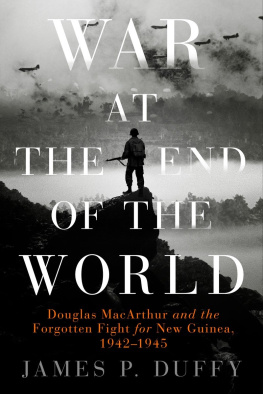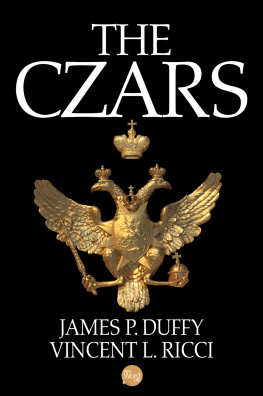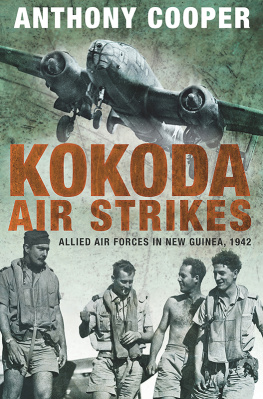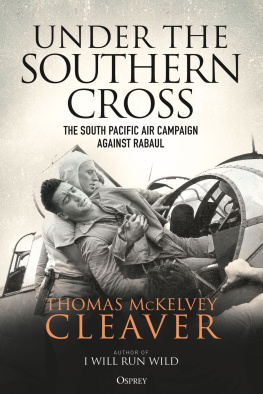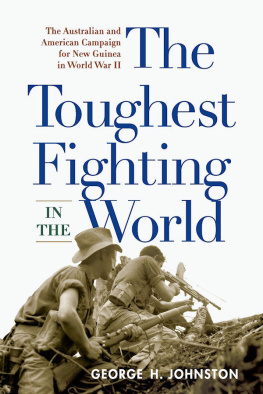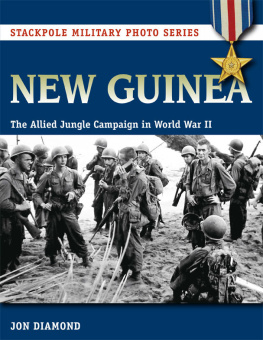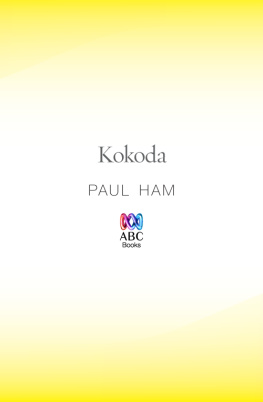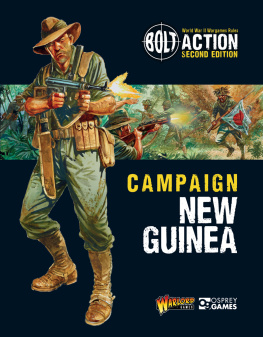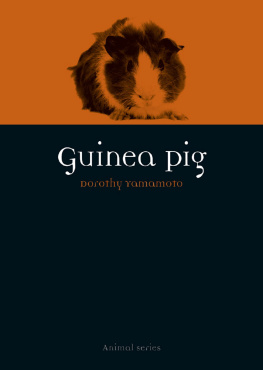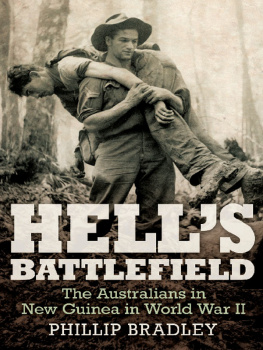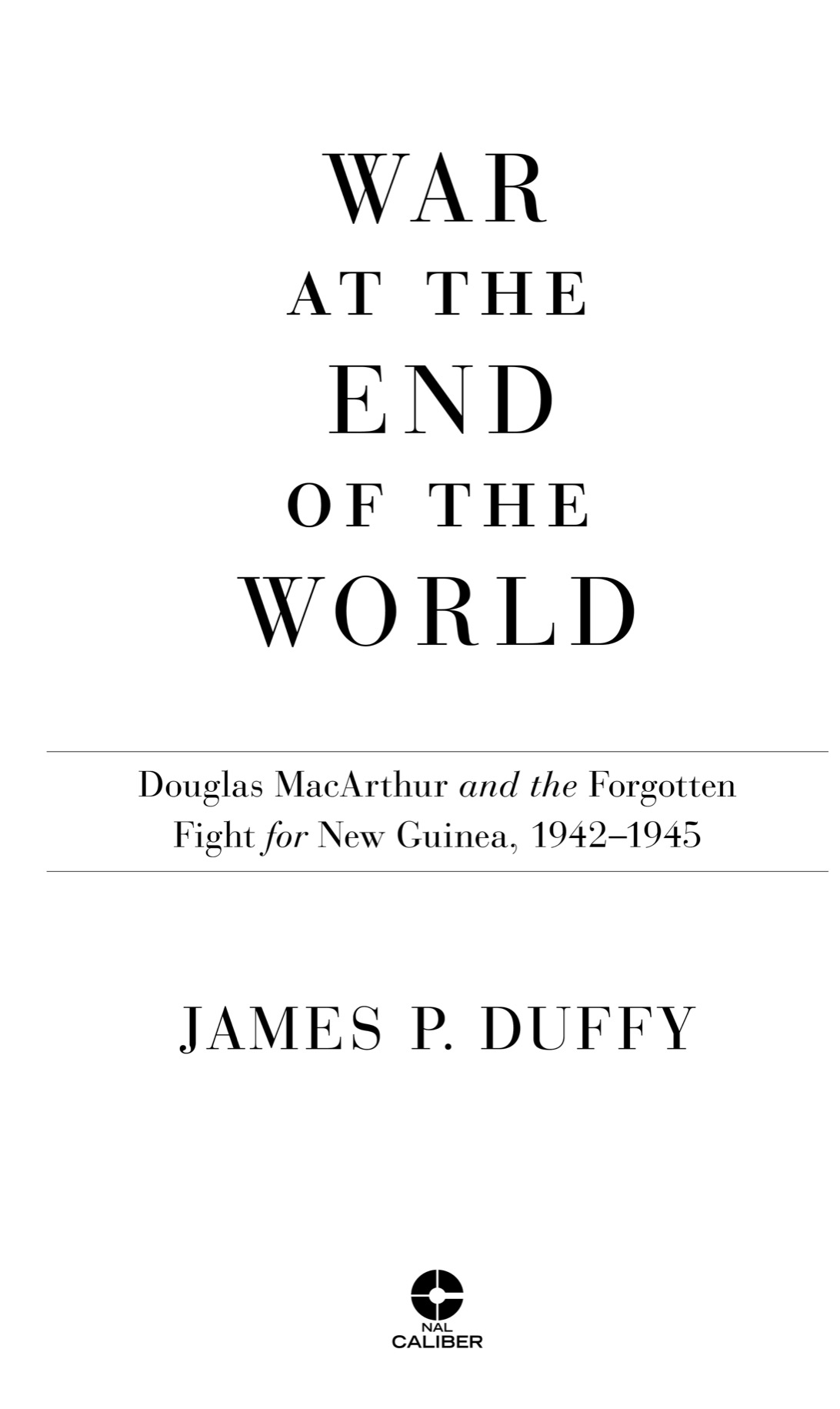A LSO BY J AMES P. D UFFY
The Sinking of the Laconia and the U-Boat War: Disaster in the Mid-Atlantic
Target: America: Hitlers Plan to Attack the United States
Hitlers Secret Pirate Fleet: The Deadliest Ships of World War II
Target Hitler: The Plots to Kill Adolf Hitler
Hitler Slept Late: And Other Blunders That Cost Him the War
Lincolns Admiral: The Civil War Campaigns of David Farragut

NAL CALIBER
Published by New American Library,
an imprint of Penguin Random House LLC
375 Hudson Street, New York, New York 10014
This book is an original publication of New American Library.
First Printing, January 2016
Copyright James P. Duffy, 2016
Maps by Chris Erichsen
Front jacket photographs: planes Everett Historical/Shutterstock Images; mountains Minden Pictures/Getty Images; soldier Getty Images. Back jacket photograph Corbis.
Penguin Random House supports copyright. Copyright fuels creativity, encourages diverse voices, promotes free speech, and creates a vibrant culture. Thank you for buying an authorized edition of this book and for complying with copyright laws by not reproducing, scanning, or distributing any part of it in any form without permission. You are supporting writers and allowing Penguin Random House to continue to publish books for every reader.
NAL Caliber and the NAL Caliber colophon are trademarks of Penguin Random House LLC.
For more information about Penguin Random House, visit penguin.com.
eBook ISBN: 978-1-101-61109-8
LIBRARY OF CONGRE SS CATALOGING-IN-PUB LICATION DATA:
Duffy, James P., 1941
War at the end of the world: Douglas MacArthur and the forgotten fight for New Guinea, 19421945/James P. Duffy.
p. cm.
Includes bibliographical references and index.
ISBN 978-0-451-41830-2
1. World War, 19391945CampaignsNew Guinea. 2. MacArthur, Douglas, 18801964. I. Title.
D767.95.D84 2016
940.54'265dc23 2015019828
PUB LISHERS NOTE
While the author has made every effort to provide accurate telephone numbers and Internet addresses at the time of publication, neither the publisher nor the author assumes any responsibility for errors, or for changes that occur after publication. Further, publisher does not have any control over and does not assume any responsibility for author or third-party Web sites or their content.

Version_1
To the memory of Mary Gallagher
In addition to all our other difficulties, there was New Guinea itself, as tough and tenacious an enemy as the Japanese.
G ENER AL D OUGLAS M AC A RTHUR
Heaven is Java; hell is Burma; but no one returns alive from New Guinea.
S AYING POPULAR AMON G J APANESE SOLDIERS
CONTENTS
MAPS
INTRODUCTION
It was four years of some of the worst warfare in history. Fought in monsoon-soaked jungles, debilitating heat; impassable mountains; torrential rivers; animal-, insect-, and disease-infested swampsthe combat raged across what one American soldier called a green hell on earth.
The war for New Guinea is perhaps the least-known campaign of World War II, yet was one of the most crucial. Gaining control of New Guinea was the cornerstone of the Japanese war strategy. So badly did the Japanese want the island that they dramatically depleted their defense of their other strongholds by pulling tens of thousands of troops, dozens of warships, and hundreds of aircraft into the quagmire of New Guinea. The more resources they committed, the more important the campaign became to the Imperial General Staff.
For the Americans, victory in New Guinea was pivotal in breaking the Japanese war machine, the vital first step in a long march through the South and central Pacific to the Japanese Home Islands and the ultimate destruction of the Japanese Empire. The vast number of troops, ships, and warplanes that the Japanese pulled away from other fronts to commit to New Guinea contributed directly to Allied successes at places such as Guadalcanal, Tarawa, Saipan and Iwo Jima. Japanese generals themselves, interrogated after the war, concluded that the New Guinea campaign had contributed a good deal to their losing the war.
This book is the story of the almost four-year campaign for control of New Guinea. From January 23, 1942, when the Japanese first landed on New Guinea, until the last holdouts in the mountain jungles surrendered on September 11, 1945, the fighting was virtually nonstop.
Emboldened by easy successes throughout the Pacific and Southeast Asia, the Japanese could not know that the worlds second-largest island would ultimately break them. New Guinea would halt their juggernaut, just as the attempt to take Moscow broke both Napoleon and Hitler. Similarities between the events in Russia and those in New Guinea are striking. After sweeping across Europe in a succession of victories, the Germans were stopped at the Moscow suburbs by a combination of heavy snows, subfreezing temperatures, difficult terrain, a breakdown in their supply system, and militia-type defenders who fought ferociously until regular army units could arrive from Siberia. In New Guinea, the Japanese were slowed by monsoons that turned tracks and paths into raging streams and difficult terrain that drastically reduced their ability to resupply units in the field, before being stopped by militia and volunteer units who inflicted severe losses on the invaders until American and Australian regular army troops could arrive.
Winning the war in New Guinea was of personal importance to Allied commander in chief General Douglas MacArthur. His avowed I shall return to the Philippines could be accomplished only after taking New Guinea. For MacArthur, there was no way around New Guinea. He could not bypass the island and leave tens of thousands of enemy troops in his rear. The road to Manila was through New Guinea.
PROLOGUE
Historians differ on the start of World War II in the Pacific-Asia theaters. The earliest any can agree on is September 18, 1931, when soldiers of the Imperial Japanese Army stationed as guards along the Japanese-owned South Manchurian Railway in the Chinese province of Manchuria set off a minor explosion along the railway that did little damage. They quickly blamed the incident on Chinese bandits and used it as an opportunity to fire a series of artillery shells into a nearby garrison of the Chinese army. The Chinese returned fire. Fighting broke out and grew in intensity as it spread, leading finally to the Japanese occupation of all of Manchuria. They soon renamed the province Manchukuo, and installed a puppet government.
When news of the incident reached the West, United States secretary of state Henry Stimson urged President Herbert Hoover to impose economic sanctions on Japan. General Douglas MacArthur, then chief of staff of the U.S. Army, supported Stimson, but to no avail, as Hoover decided not to provoke Tokyo.

